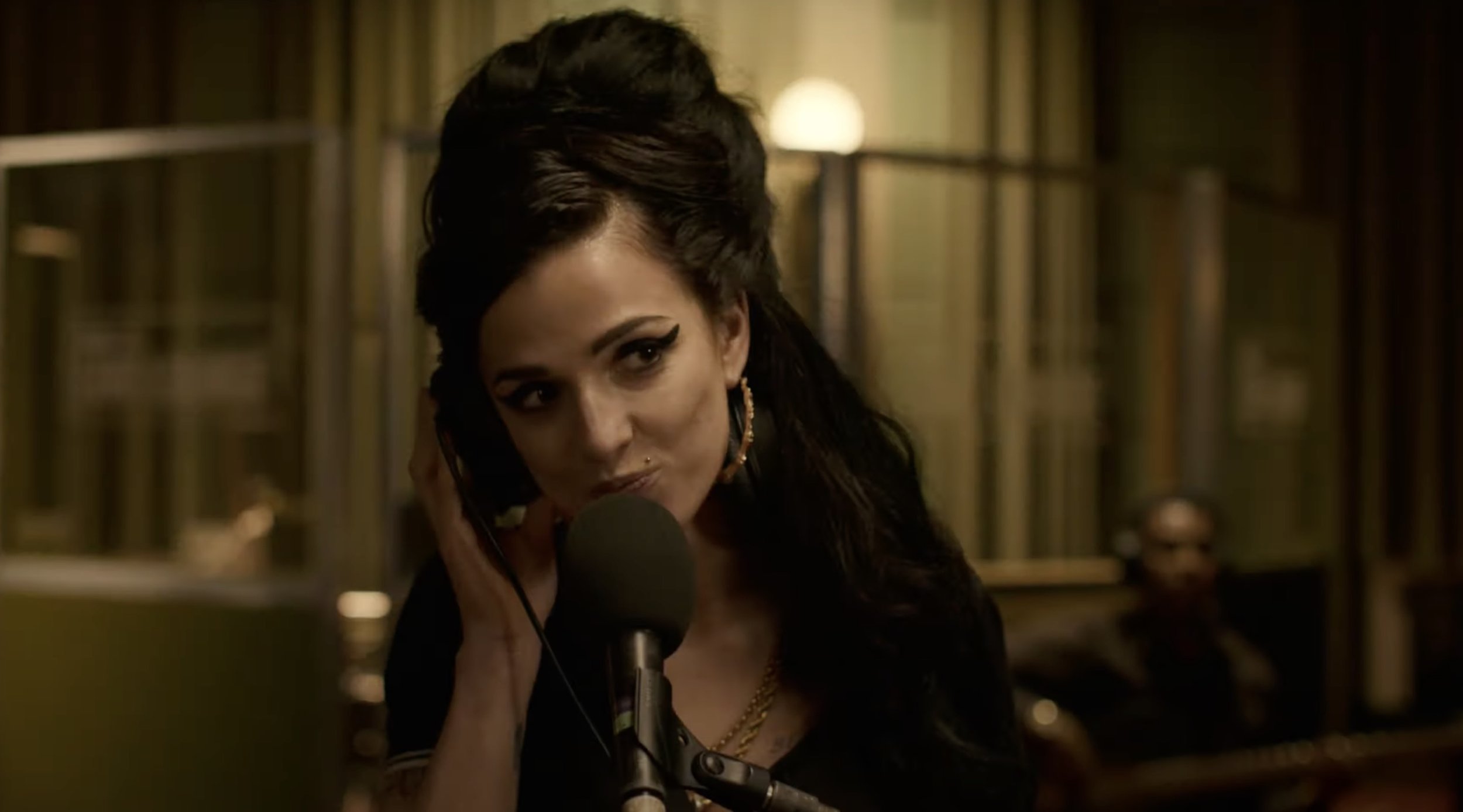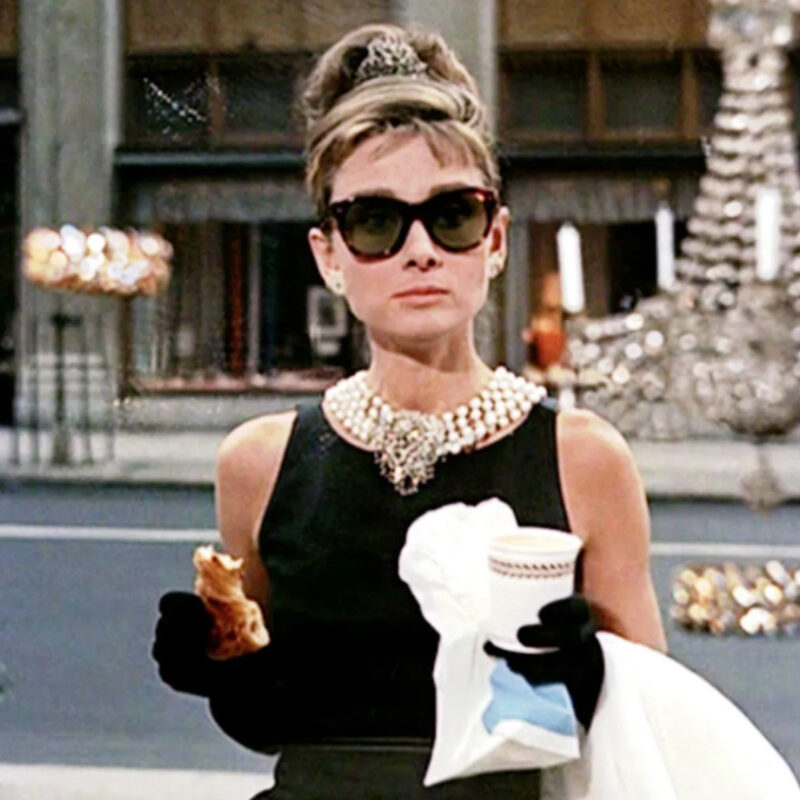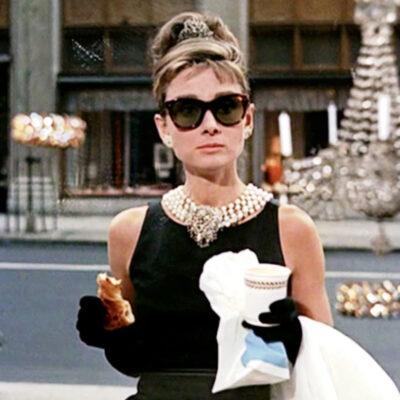Director Sam Taylor-Johnson’s Back to Black details the short, volcanic life of pop star Amy Winehouse. It’s a by-the-numbers music biopic that is mostly unremarkable, with the exception of the film’s cast. Marisa Abela as Winehouse and Jack O’Connell as her husband Blake Fielder-Civil give performances that intensely enliven the film.
Winehouse died at age 27 in 2011, and her story is fairly familiar to viewers. The picture focuses on the gifted singer and jazz enthusiast’s rise to international stardom with her albums Frank and Back to Black, while her chaotic personal life is marred by alcoholism and bulimia.
A sucker for “bad boys,” Amy falls in love with lowlife Blake (O’Connell), whose presence in her unbalanced life exacerbates her self-destructiveness, culminating in drug abuse. Back to Black also explores the singer’s deep bonds with her grandmother, Cynthia (Lesley Manville), and her father, cabbie Mitch Winehouse (Eddie Marsan).
To her credit, Taylor-Johnson treats Winehouse relatively kindly and humanizes her, while also emphasizing her family ties and justifiably condemning the paparazzi who hounded her. The central problem with Back to Black is the mediocrity of the storytelling: There are so many run-of-the-mill, TV-movie-of-the-week biopics out there, so why make another? Back to Black isn’t a poorly-made film—it’s just unexceptional.
Back to Black’s real draw is its lead actors. Abela, who does her own singing, is very convincing as Winehouse, and though her performance has caught flak for overdoing Winehouse’s North London accent, it’s truer to the singer than her detractors give the actress credit for. O’Connell shines even brighter as the trashy Fielder-Civil, whom he consulted while preparing for the role. Tasked with playing an ignorant, scummy, unlikable character he doesn’t resemble, O’Connell is impressively natural, right down to his bovine stare.
Despite its uneven script, certain scenes—like Winehouse’s initial flirtation with Blake in a pub—really click. But, overall, this version of Winehouse’s life seems incomplete, making this one of only a few recent movies that should run over two hours but doesn’t. Certain characters and plot points are hinted at when they should be fleshed out, including brief passages of Winehouse composing and recording her hits. It also suffers from characters making points that are obvious to anyone paying attention. Taylor-Johnson does get extra credit for not dumbing down the British lingo, including Cockney rhyming slang. She assumes the audience is smart enough to catch on to it, and it’s easy to follow.
The supporting cast is fine, with Manville and Marsan getting top honors as Winehouse’s grandmother and dad, respectively. They both imbue their characters with genuine warmth and humanity. The cinematography is generally very straightforward. The costumes, makeup and hair, and production design are all good.
Back to Black has been criticized for, among other things, being too sanitized, for focusing too much on Winehouse’s addictions, and for leaving out key figures in the performer’s life, including her last boyfriend, Reg Traviss. But this is no surprise: Doomed musician biopics are almost always lacking, leaving viewers dissatisfied. In hindsight, the screenplay itself clearly needs rehab.






